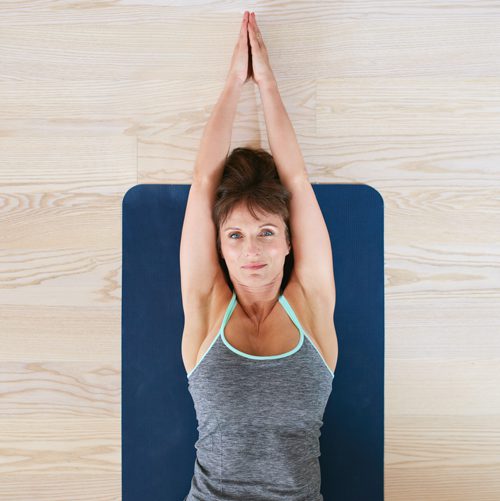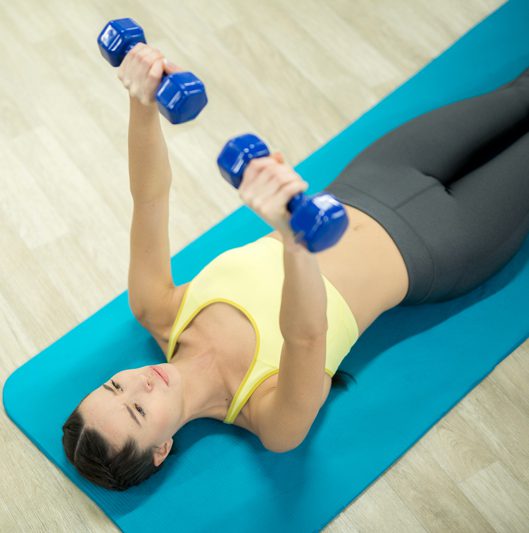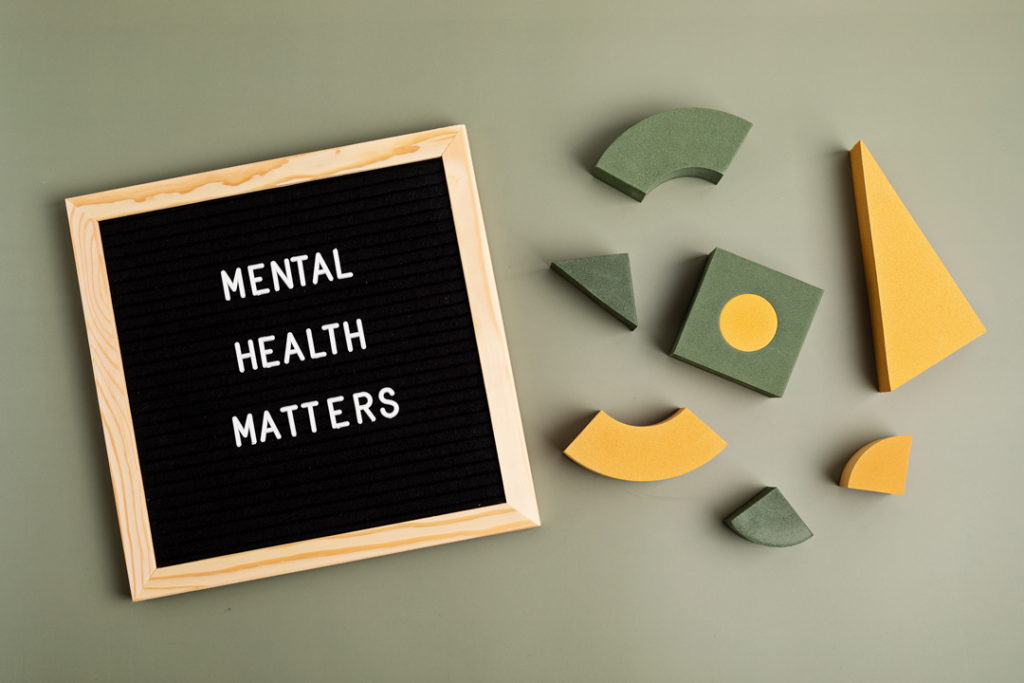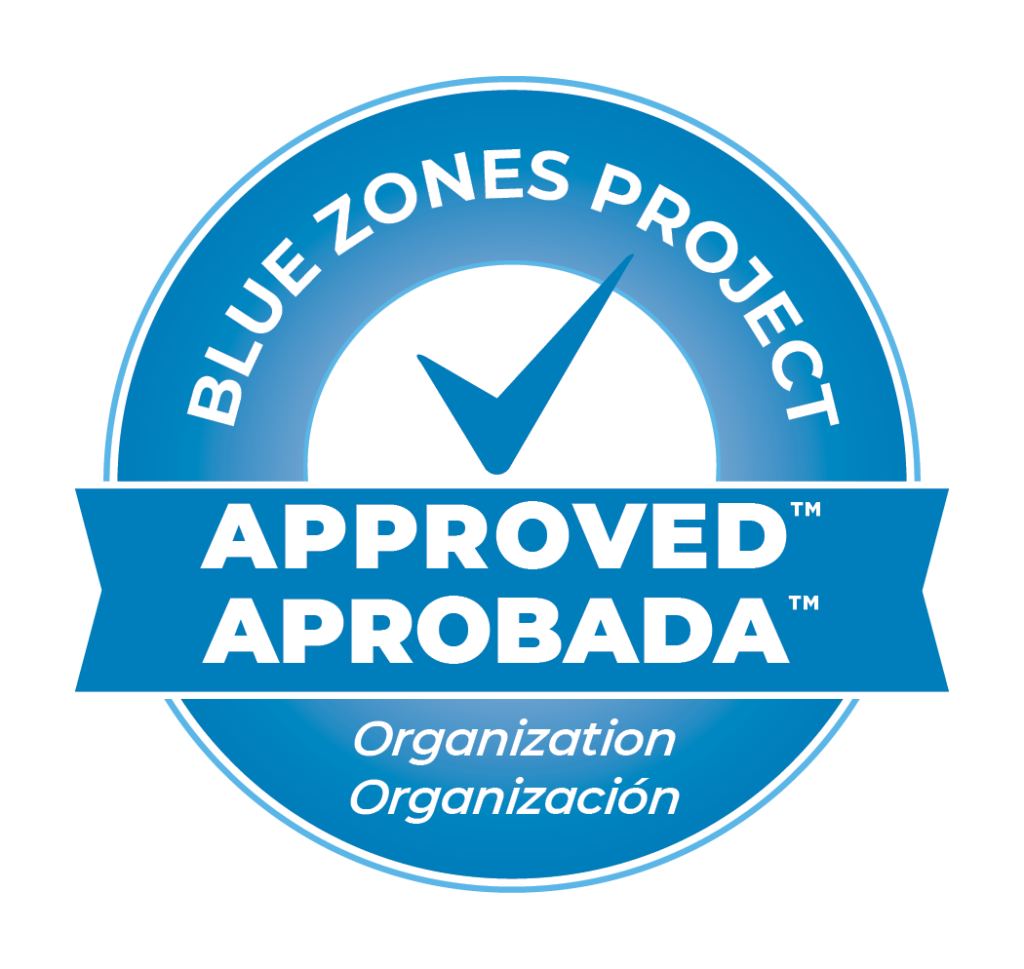Each year millions of Americans face the reality of living with a mental illness. During Mental Health Month in May, Interim Inc. joins other organizations in the national movement to raise awareness about mental health.
Now, more than ever, we need to find ways to keep connected with our community. No one should feel alone or without the information, support and help they need.
Anxiety disorders are the most common type of mental illness in the United States, affecting 40 million adults each year. Yet only 36.9 percent of people living with anxiety disorders receive treatment.
But the good news is that in addition to seeking professional treatment, there are many self-care tools you can use daily to manage symptoms of anxiety.
The National Council for Behavioral Health’s website mentalhealthfirstaid.org, outlines a few self-care tips on how one can deal and manage symptoms of anxiety in the following blog:
4 Self-Care Tips for How to Deal with Anxiety

Relaxation training. Methodically tensing and relaxing certain muscle groups can help you voluntarily relax when anxiety is running high. Start at your toes and work your way up through your body to help prompt a state of relaxation.

Exercise. Getting up and moving for at least 30 minutes a day (think walking, jogging or lifting weights) may help mitigate some symptoms of anxiety when they arise, or can help prevent anxiety before it starts.

Self-help books based on cognitive behavioral therapy. According to the National Institutes of Health, “Cognitive behavioral therapy (CBT) has been shown to be effective for a wide variety of mental health disorders, including anxiety disorders. CBT has also been associated with improvements in quality of life in anxiety patients.” Self-help books using theories of CBT can help you work through periods of heightened anxiety.

Meditation. Learning to clear your mind through meditation can be a great tool to alleviate anxiety and stay present. Focusing on your breath and body sensations, and non-judgmentally evaluating your thoughts as they enter your mind, have been proven to reduce anxiety.
Knowing what tools are available is a good first step when it comes to dealing with anxiety or helping someone in your life work through theirs.





